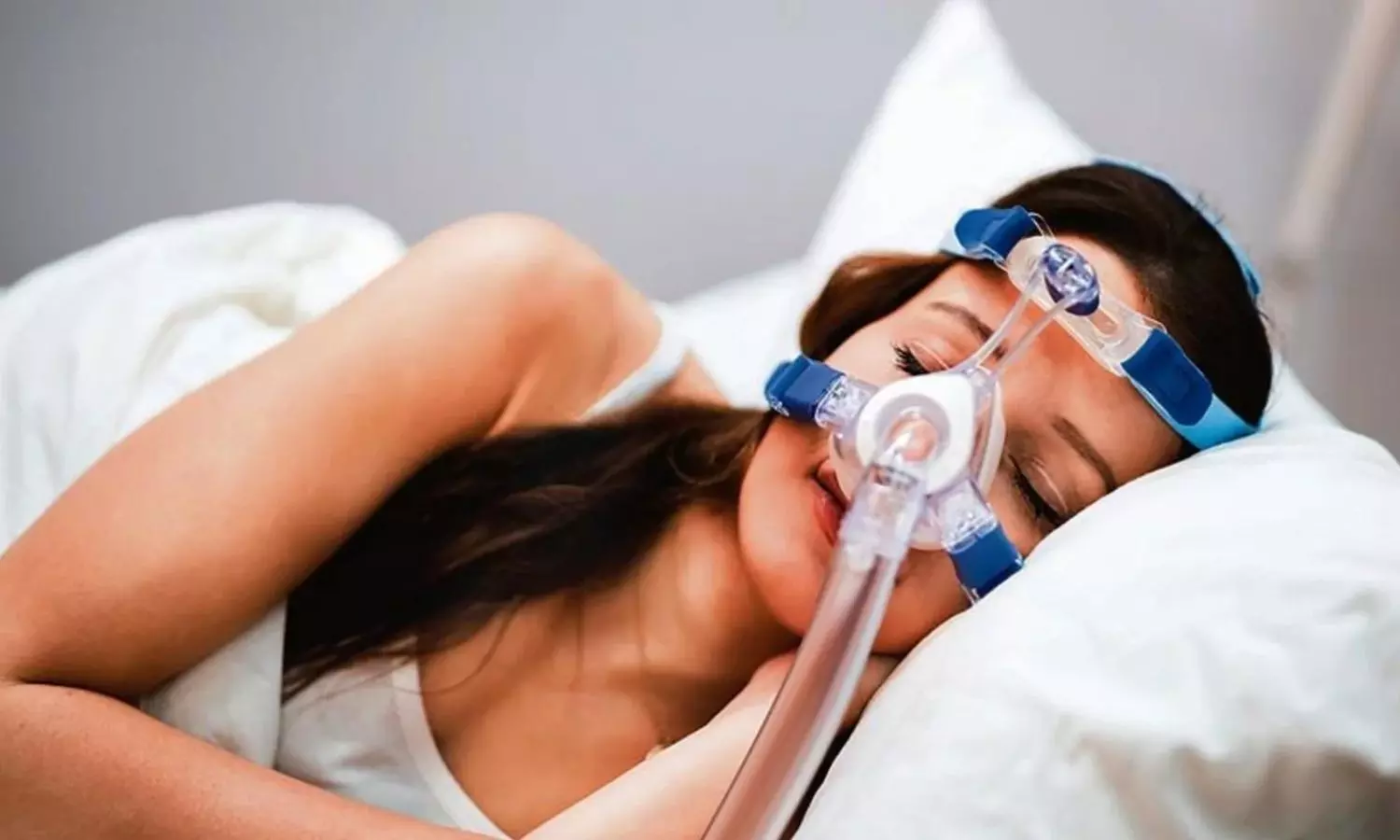Upper airway surgery bests CPAP for prevention of diabetes in Sleep apnea patients, claims study

Spain: In a comprehensive long-term follow-up study, researchers have uncovered significant differences in the risk of developing diabetes among patients with sleep apnea, depending on their treatment.
Analyzing the large data sets collected from healthcare organizations (HCOs) in Europe and globally, the researchers found that in patients with obstructive sleep apnea (OSA), upper airway surgery (UAS) can prevent the development of diabetes better than continuous positive airway pressure (CPAP). The study findings were published online in the Journal of Otolaryngology-Head & Neck Surgery.
Sleep apnea, a disorder characterized by interrupted breathing during sleep, has been linked to various health complications, including cardiovascular diseases and diabetes. However, the comparative effectiveness of different treatment options in mitigating these risks has remained debatable.
Led by Carlos O'Connor-Reina, Otorhinolaryngology Department, Hospital Quironsalud Campo de Gibraltar, Palmones, Spain, the study aimed to obtain a comprehensive view of the risk of developing diabetes in patients with obstructive sleep apnea and to compare this risk between patients receiving continuous positive airway pressure therapy versus upper airway surgery.
For this purpose, the researchers used local and the global-scale federated data research network TriNetX to obtain access to electronic medical records, including those for patients diagnosed with OSA, from healthcare organizations worldwide.
The following inferences were made using propensity score matching and the score-matched analyses of data for five years of follow-up.
- Patients who had undergone UAS had a lower risk of developing diabetes than those who used CPAP (risk ratio 0.415).
- The risk for newly diagnosed diabetes patients showed a similar pattern (hazard ratio 0.382).
- Both therapies may protect against diabetes (Risk 0.081 after UAS vs. 0.195 after CPAP).
In conclusion, CPAP and UAS can prevent the development of new-onset diabetes in patients with obstructive sleep apnea. Both treatments reduced the incidence of diabetes in OSA patients above 18 years and with a follow-up of 5 years. However, upper airway surgery seems to have a stronger preventive effect than CPAP.
"In our study, it is significant for the differences between sex, age, and the presence of comorbidity between both cohorts before matching, as it was expected due to UAS treatment being preferred in patients younger and healthy," the researchers wrote.
Reference:
Alcala, L. R., Ignacio, J. M., García Iriarte, M. T., Llatas, M. C., Casado Morente, J. C., Alvarez, I. M., Ibarburu, G. H., Baptista, P., & Plaza, G. (2023). Risk of diabetes in patients with sleep apnea: Comparison of surgery versus CPAP in a long-term follow-up study. Journal of Otolaryngology - Head & Neck Surgery. https://ift.tt/SpBHse5
from Medical News, Health News Latest, Medical News Today - Medical Dialogues | https://ift.tt/gu5V8mr
Comments
Post a Comment